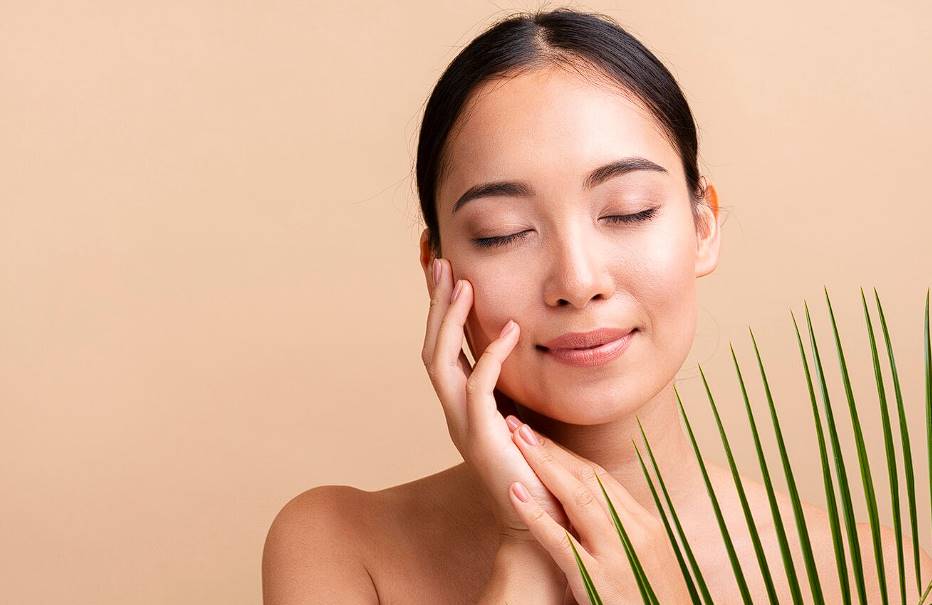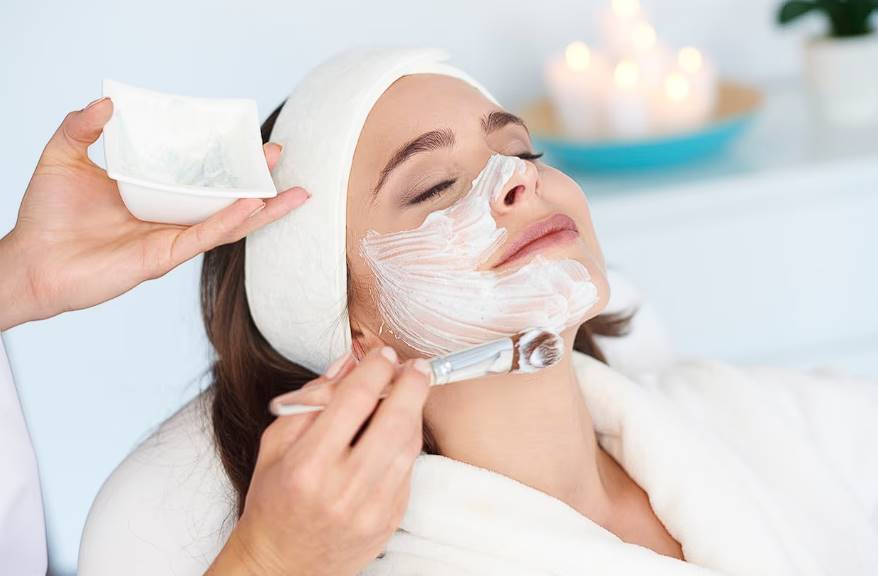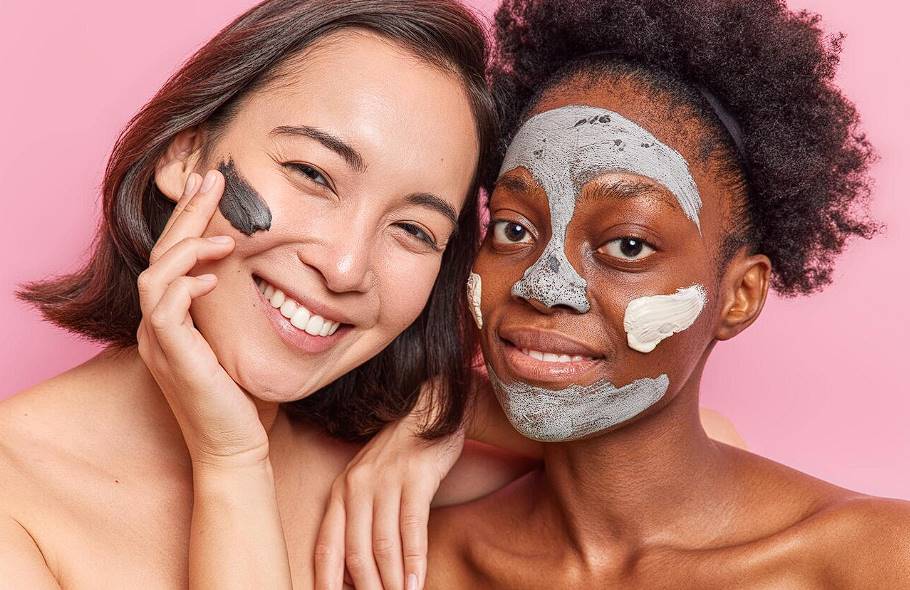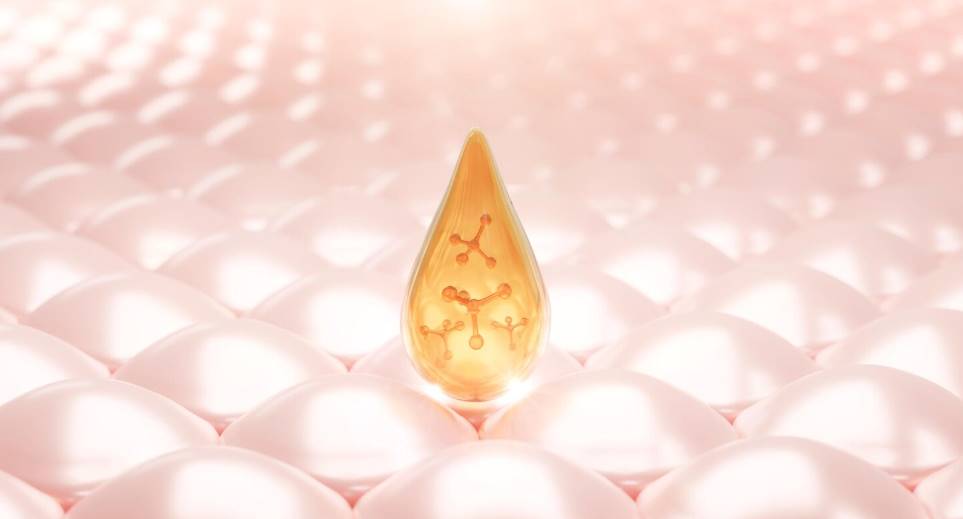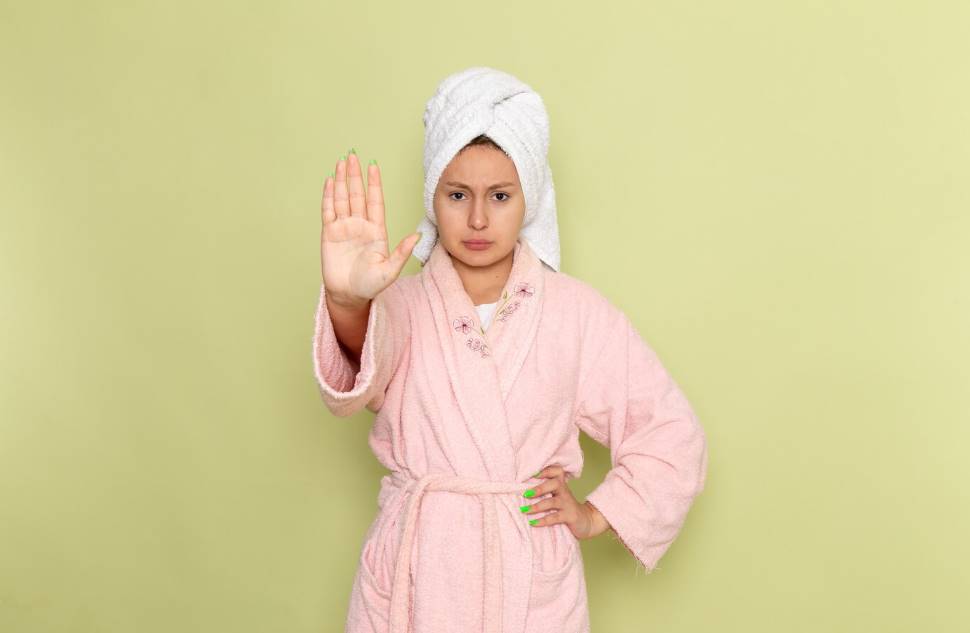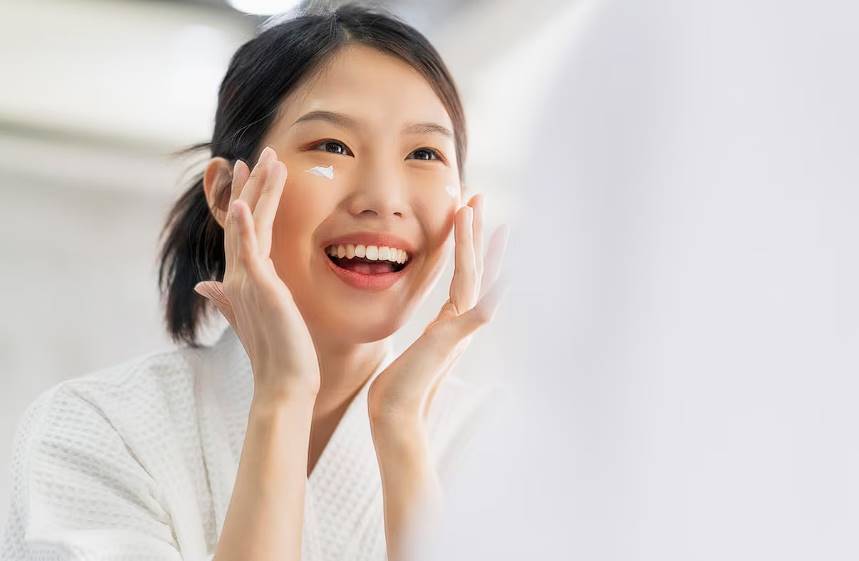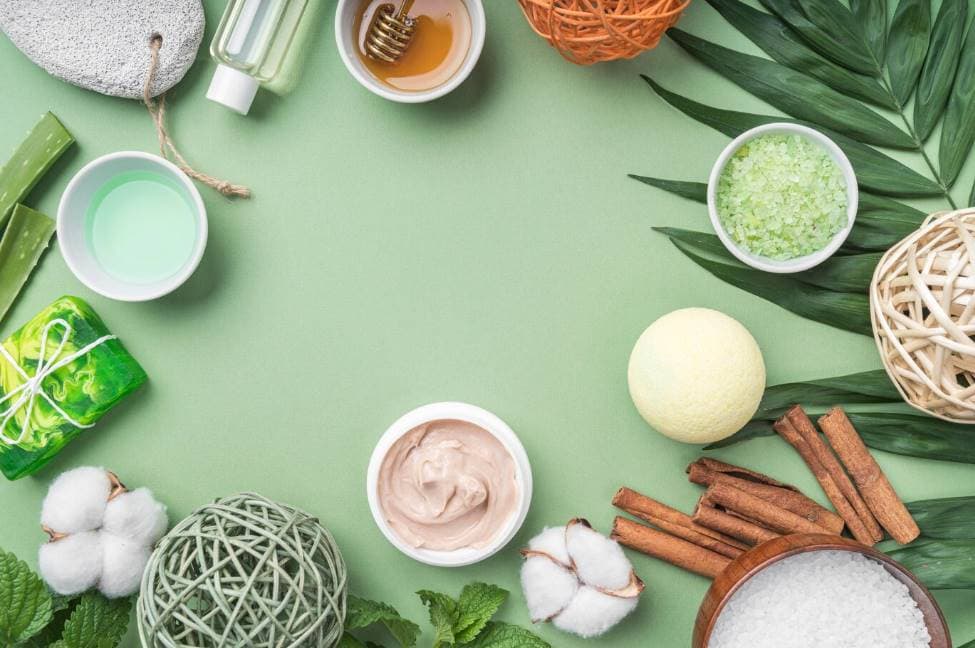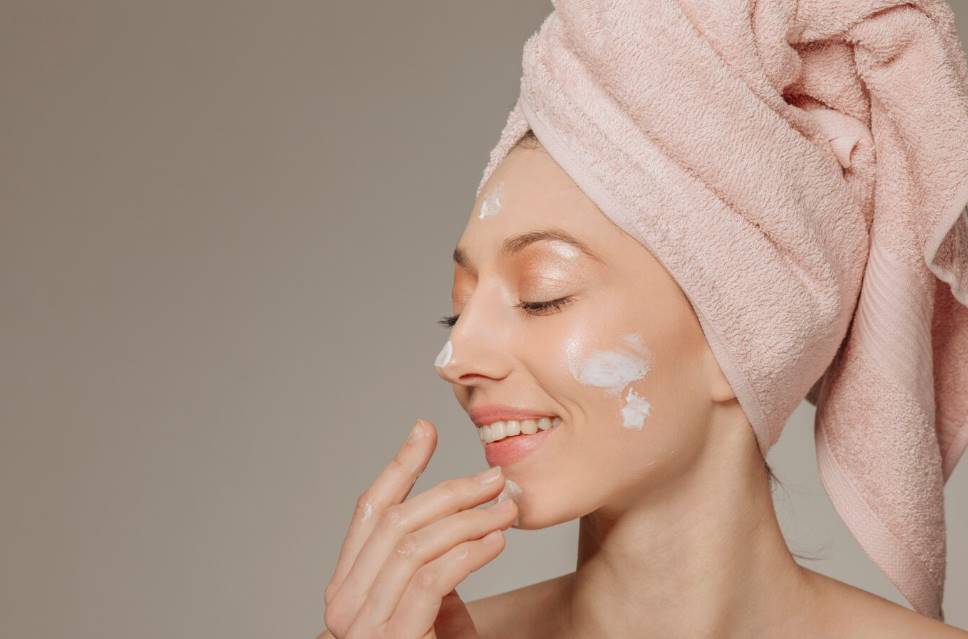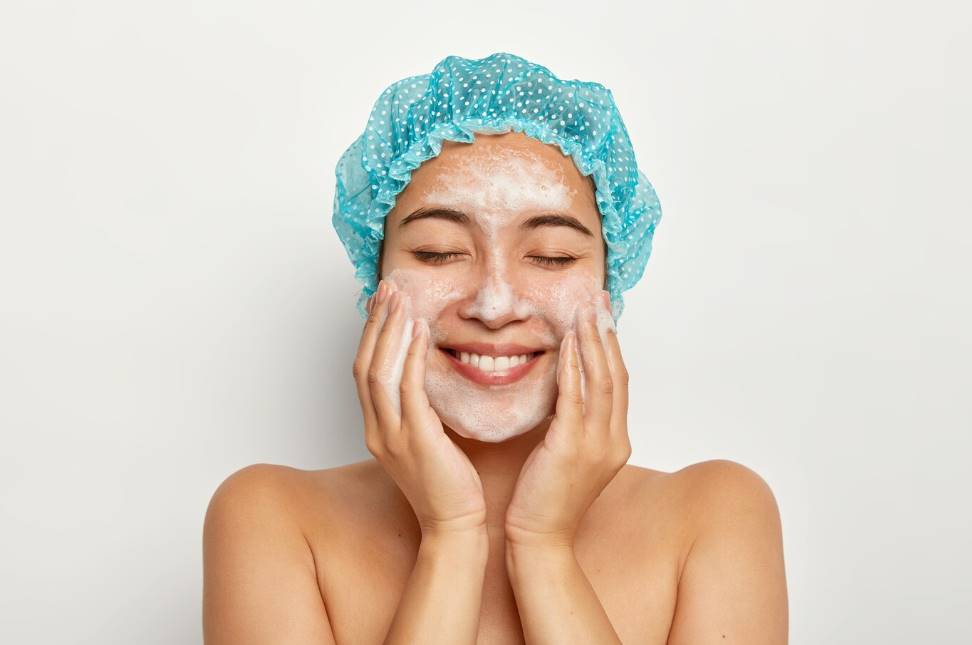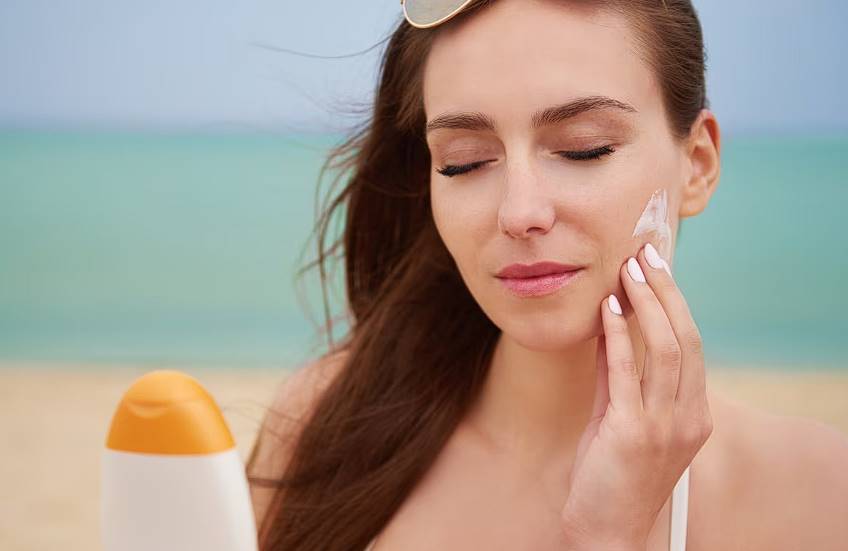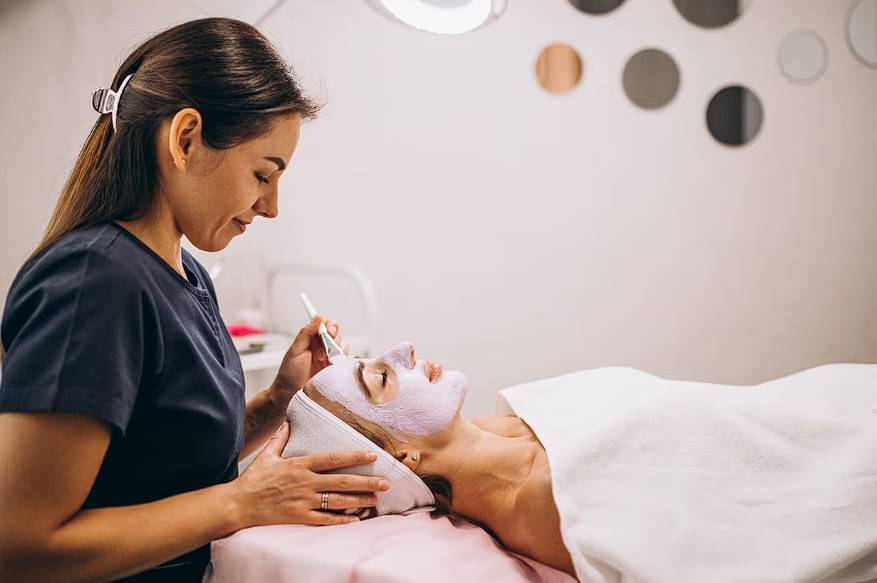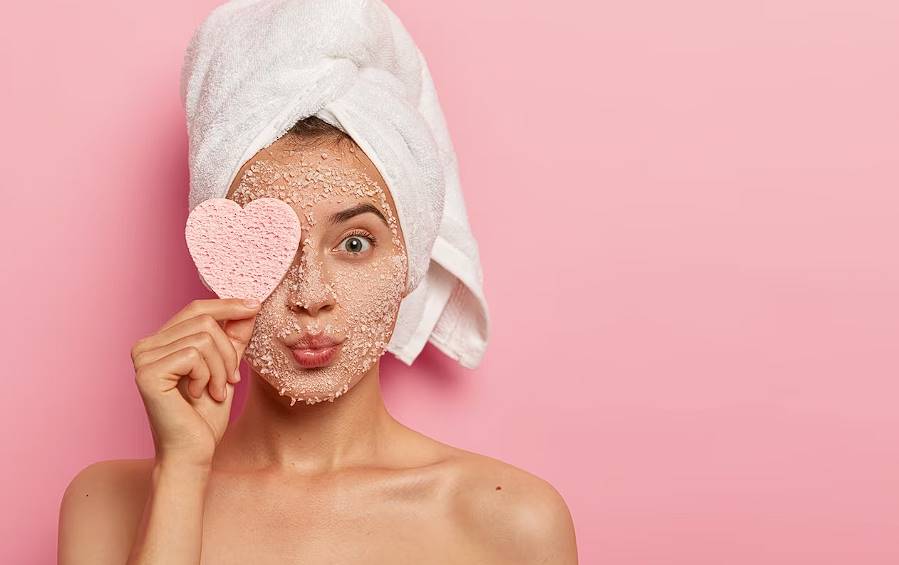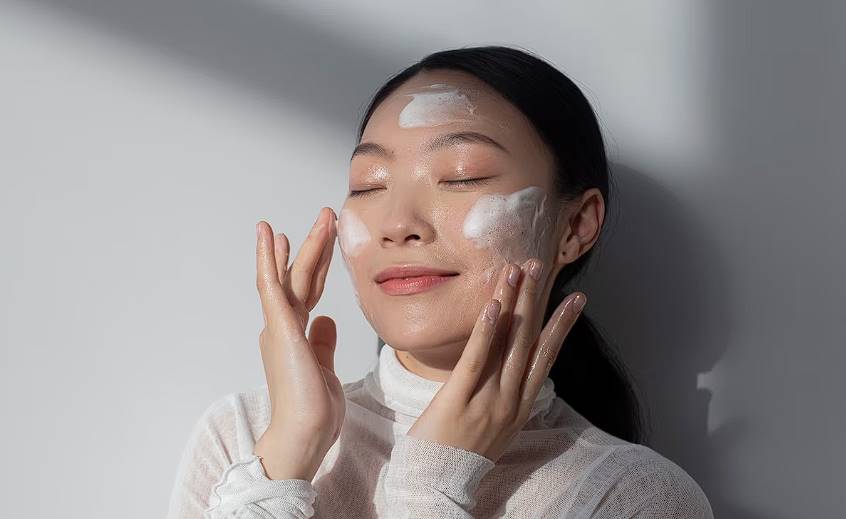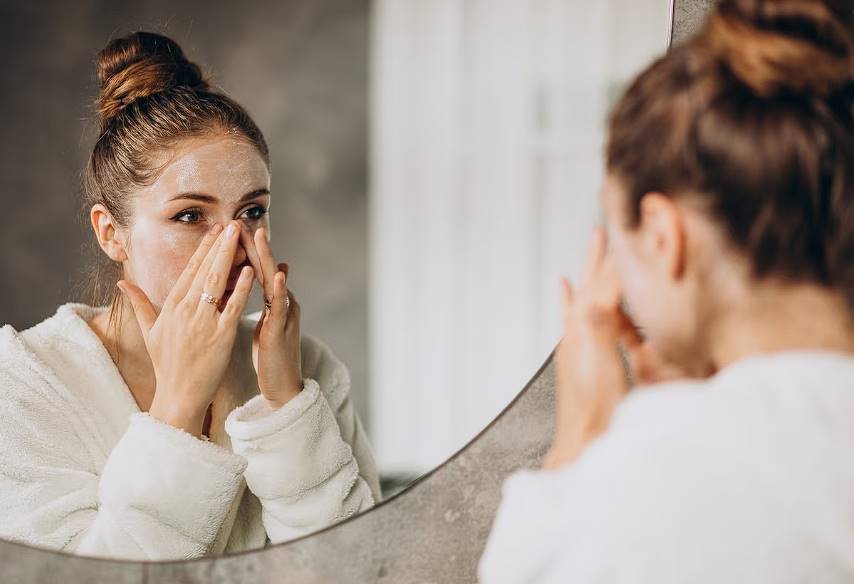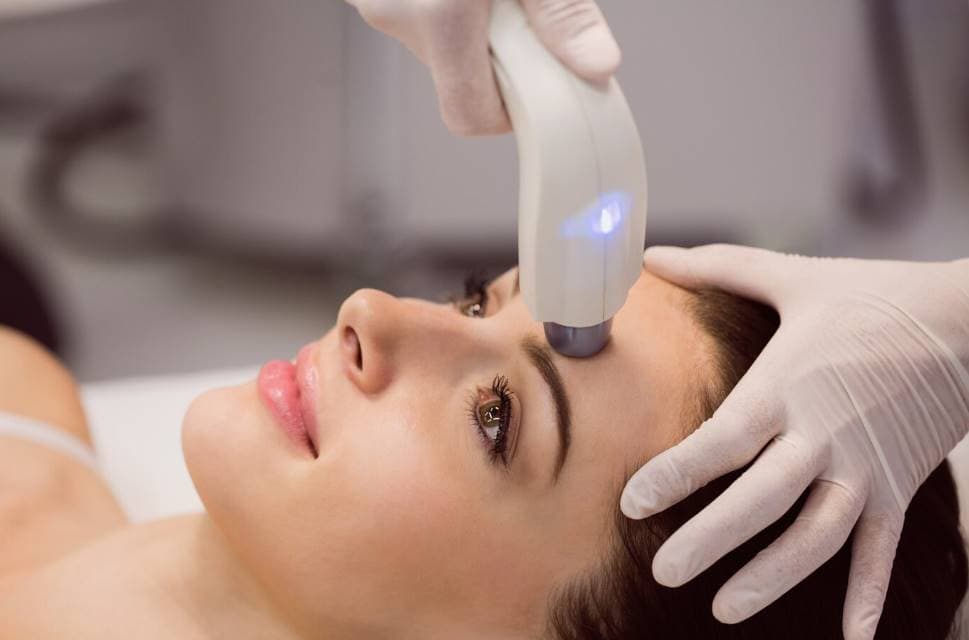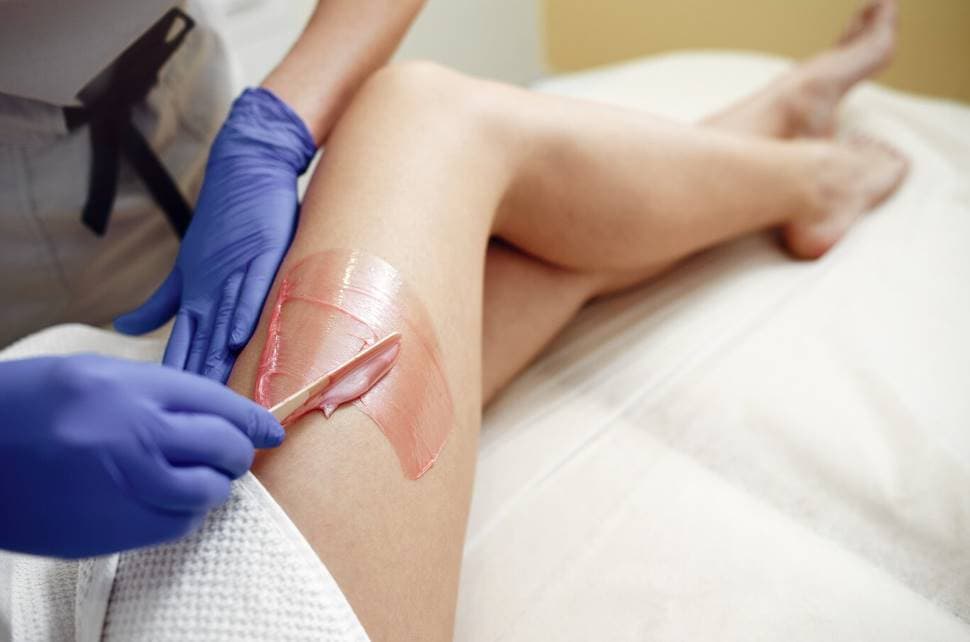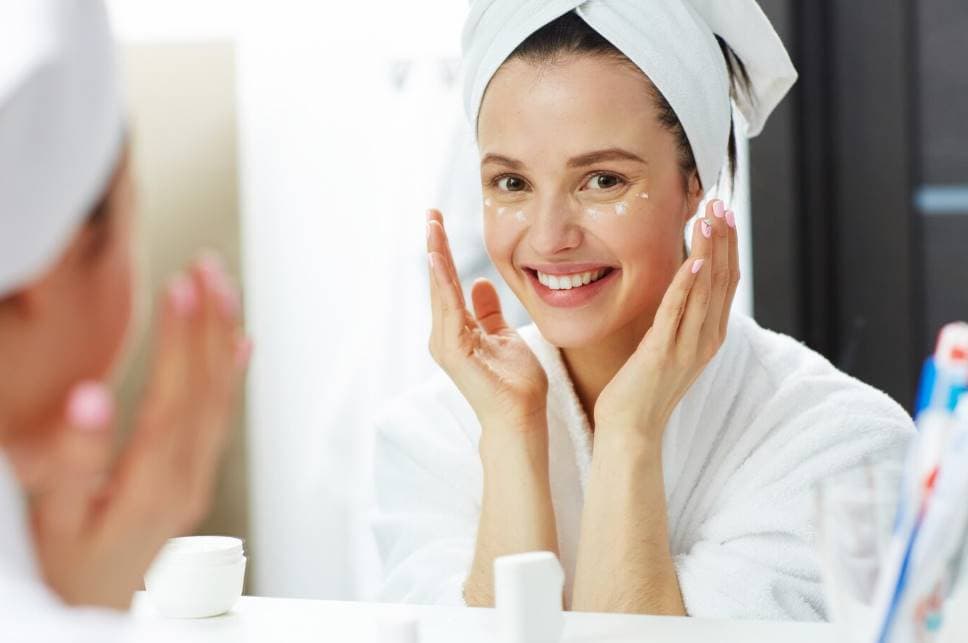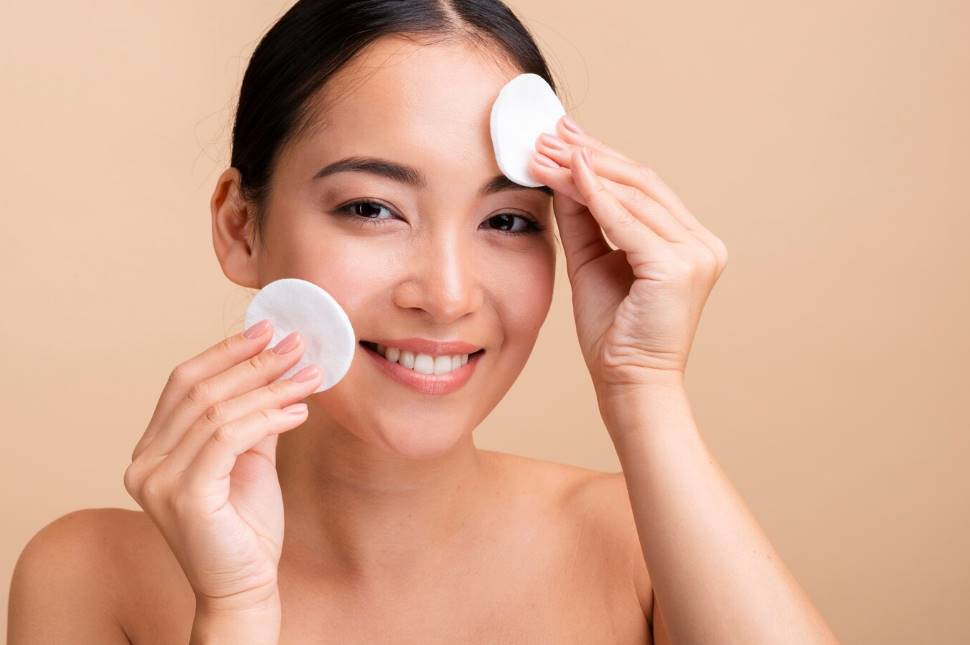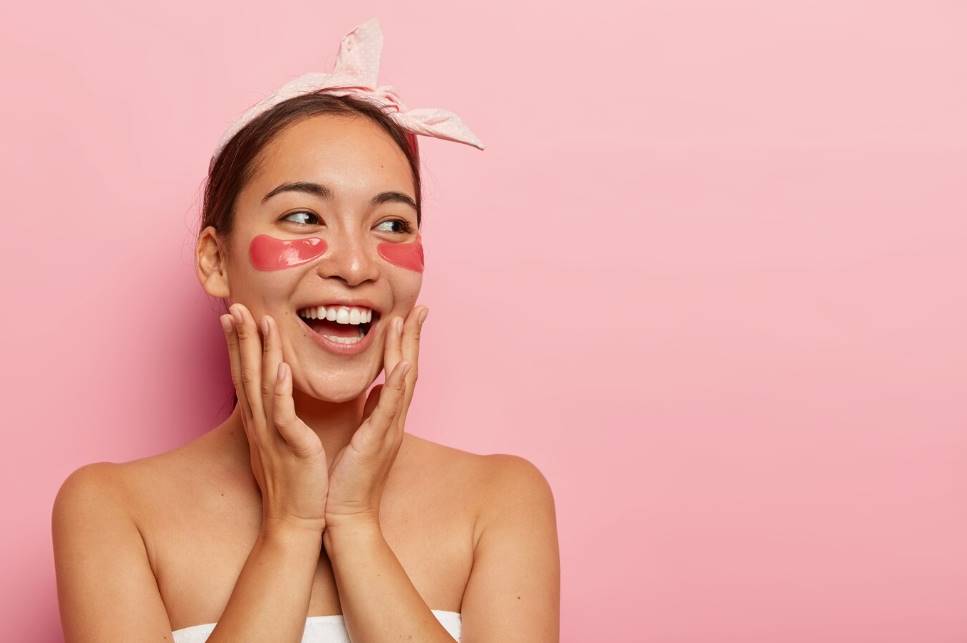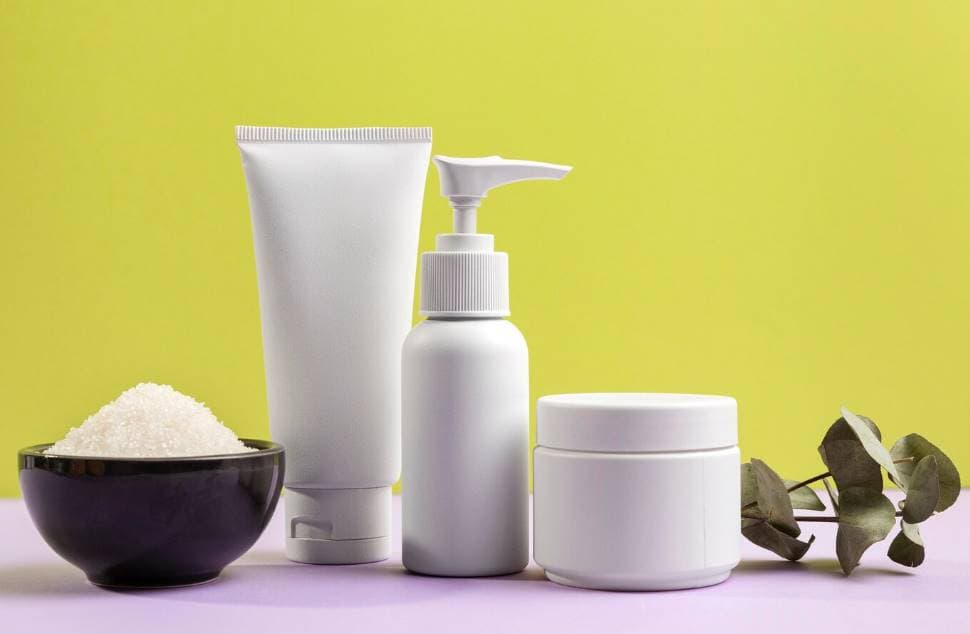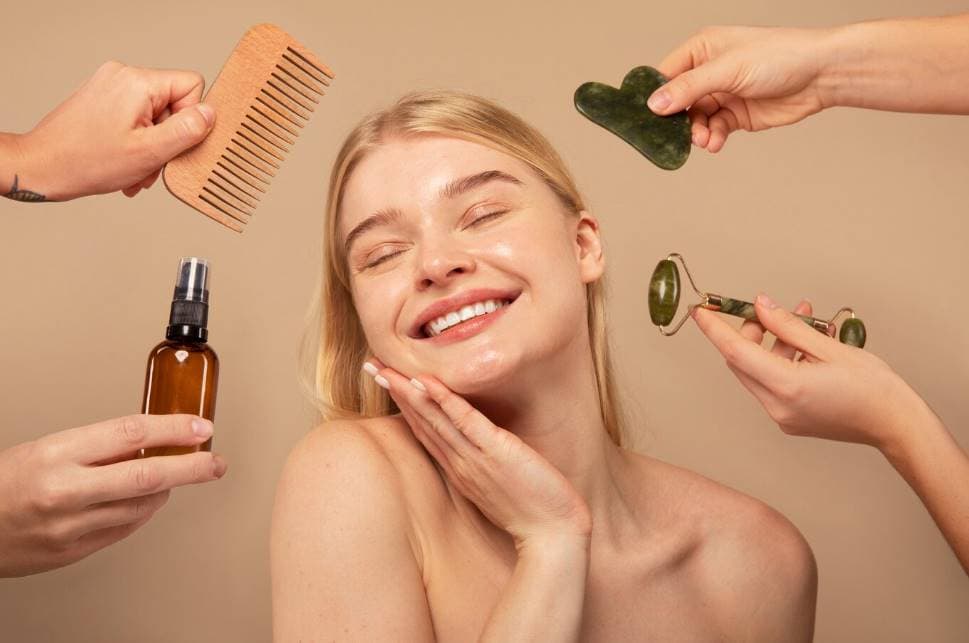Taking care of your skin is essential to your health and appearance for aesthetic and practical reasons. The skin is the biggest organ and provides a first line of defence against harmful elements in the environment. Maintaining its health and radiance requires a dedicated skincare programme. First, wash your face with a mild cleanser made for your skin type.
Skin that has been cleansed of grime, oil, and other pollutants can finally breathe freely again. To maintain clear, healthy skin, you should wash it twice daily, in the morning and before bed.
To keep skin looking and feeling its best, moisturising is essential. Hydration is essential for all skin types. Moisturisers are useful because they prevent the skin from drying out and help keep the skin's moisture levels stable.
Lightweight, oil-free moisturisers are best for those with oily skin, while richer, more moisturising formulations may work better for those with dry skin. Skin that is regularly moisturised is less likely to dry out, flake, or become irritated.
The practise of exfoliation is very important for skin care. Exfoliating your skin on a regular basis helps maintain a healthy glow and maximises the benefits of other skincare products.
It's important to avoid irritating your skin by exfoliating too frequently. Exfoliate anywhere from once a week to three times a week, depending on how sensitive your skin is, to keep that healthy glow.
Sunscreen is a must for everyone concerned with their skin's appearance. Premature ageing, sunburns, and skin cancer are all possible outcomes of prolonged exposure to ultraviolet (UV) radiation.
Sunscreen with at least 30 SPF should be used at all times, including on overcast days; it should be reapplied every two hours, and especially after swimming or heavy perspiration. You may further protect your skin from the sun by staying in the shade during the day and wearing protective clothes, such as hats and sunglasses.
Why Is Healthy Skin Important?
The skin is the body's largest organ; did you know that?
It's multipurpose, but its primary function is to shield you from environmental hazards like pathogens, chemicals, foreign objects, filth, heat, and ultraviolet light.
Information about what you touch is also sent to your brain via the nerves in your skin. Is it warm or cold; is it soft or firm; is it blunt or sharp? In some cases, the data gathered by your skin could save your life.
Not just that, but also. The skin is incredibly important for controlling your body's temperature and fluid balance. Fluid loss can be reduced, and extra water and salt can be eliminated. It also serves as a barrier to prevent the spread of disease and prevents harm to the body's vital organs.
Your skin requires special attention and care to keep it in the best possible condition given your busy schedule.

8 Tips For Maintaining Healthy Skin
The skin is the body's outermost layer, and it serves an important protective role, keeping the human organism safe from the elements and other potentially damaging stimuli.1 Protective skin needs frequent maintenance to stay in good health.
Finding out your skin type before beginning treatment will help doctors give you more targeted and effective care. Normal skin, dry skin, oily skin, and combination skin are the four main categories of skin types.2 Finding out your skin type will help you choose the most effective treatment.
There are other ways to keep your skin healthy than using creams and pills. One approach to keep your skin in good condition is to live a healthy lifestyle, which includes things like getting plenty of exercise and eating well. Some suggestions for keeping your skin in good condition:3,4,5
Healthy Food Consumption
Several food groups have been shown to improve skin health. Antioxidants in mangoes shield skin proteins like collagen from environmental damage. and tomatoes can help you avoid getting cancer of the skin.
Olive oil helps slow down the ageing process brought on by sun exposure. Cocoa flavanols, green and white tea, kale, omega 3 fatty acids, and soy are a few other foods that are good for your skin. To keep your skin in good condition, you should cut back or give up alcohol entirely.
Maintain Skin Moisture
Skin moisturising products can be used. In addition, you can take showers that are only 5-10 minutes long, use mild soaps, and dry off with a pat rather than a rub.
Additionally, you can use ointments or creams rather than lotions to minimise irritation and moisturise the skin by bathing for 5-10 minutes daily, using gentle and fragrance-free cleansers soap, avoiding abrasive bath tools that can damage the surface of the skin, patting the skin gently when drying it, and so on.
Do Not Use Too Many Products
Using multiple layers of cosmetics at once might impede the skin's natural drainage mechanisms, leading to acne.
Clean Makeup Brushes Regularly
This work is essential for keeping your skin healthy, warding off skin infections, and keeping pores clear. Once a week, clean your foundation and concealer brushes. Brushes used near the eyes should be washed every other week, while once a month is sufficient for the rest.
Clean Makeup Brushes Regularly
Smoking accelerates skin ageing because it damages collagen and elastin, two proteins responsible for the skin's suppleness and strength. In addition, the repeated expressions of disgust and disgust while puffing on a cigarette might lead to wrinkles in the face.
Avoid Stress
Skin inflammation is another side effect of stress. Excessive perspiration, severe acne breakouts, rashes on the hands, and itchy, scaly skin have all been linked to stress.
Get Enough Rest
Adults should sleep for at least 7–9 hours daily. It can lighten the skin around your eyes and even out your complexion. Furthermore, the skin may rest and repair damaged skin layers during sleep. Lack of sleep prevents the body from making new collagen.
Do Regular Exercise
Exercising is only one of many enjoyable activities that can contribute to healthy skin. This is because more oxygen and nutrients-rich blood will be circulated to all parts of the body, including the dermal and epidermal layers of your skin.
8 Benefits Of A Daily Skincare Routine
You get to start fresh and finish clean
Washing your face (with a mild, all-natural cleanser or toner) is the first step in a good routine. When you wash your face twice a day, you get rid of the oils and dead skin that can clog your pores.
The nighttime wash also gets rid of potentially damaging environmental contaminants and poisons. It is recommended to double-wash at night: once to remove makeup and dirt gathered throughout the day, and once to clean the skin thoroughly.
Hydration
When it comes to skin care, water is king. The skin looks and feels better when it is well hydrated, and it is also healthier when it is well hydrated. The slower skin ageing occurs when skin cells are healthy. We'd all benefit from stopping time, too.
Even while your skin has its own mechanisms for retaining moisture, you nevertheless lose some moisture every time you exhale. It's already challenging enough for skin to keep itself hydrated without adding the effects of the climate, ageing, and other variables.
The best skincare products work by sealing moisture into the skin and keeping it there. Our solutions contain oxygen microbubbles that seal in moisture to keep skin supple and hydrated throughout day and night.
Get The Healing Powers Of Oxygen
Skin cells, like all of your other cells, require oxygen. Water helps maintain skin's moisture and may boost circulation (another good reason to start your day with a tall glass of H2O).
To take it a step further and provide oxygen to your skin cells from the outside in, we use oxygen microbubbles in our solutions. This results in enhanced cellular metabolism and stronger, healthier cells.
Rejuvenated tissues, like skin, benefit greatly from oxygenation, resulting in a radiant appearance. Better tone, lustre, and smoothness are the sum total of all that science.
Achieve Improved Skin Tone
When exposed to pollution, your skin will suffer. Discoloration and a lack of uniform texture can result from dryness, pollution, and the sun's rays. Your skin's tone and texture will be altered. As a result, it's crucial to stay well hydrated and do routine repairs every day.
If your skin is in good condition already, you can keep it that way with regular upkeep. Maintaining your skin on a daily basis will assist restore and rejuvenate the supple properties you thought were long gone if you notice a change in your skin's tone or texture.
Revive Dull-Looking Skin
Dead skin, like dry skin, looks dreary. Our metabolic rate decreases with ageing. Dullness is a result of slower cellular metabolism. On the other hand, time is on your side: Daily moisturising maintains a dewy, fresh appearance, and applying it twice daily for just three minutes will keep you looking radiant. Truly O2's oxygen microbubble-based compositions make this period more productive and efficient.
This innovation expedites the metabolic rate of epidermal cells by transporting oxygen directly to their sites of need. Newer, healthier skin cells and radiant skin are the result of a metabolism that is working at peak efficiency.
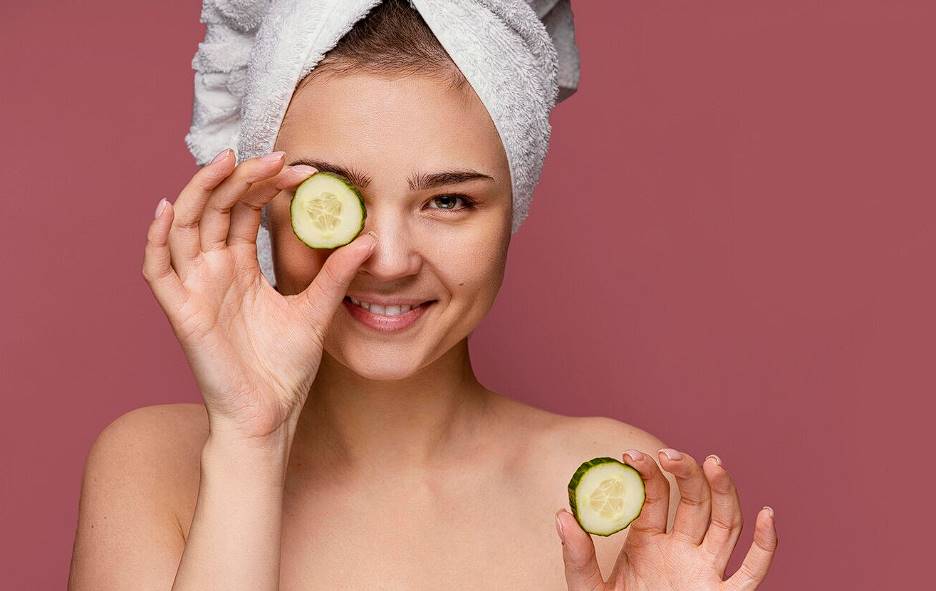
Slow The Signs Of Aging
Every person has a story to tell, and that's something to be celebrated. We believe you should have some control over the narrative your face portrays. In addition, investing in quality skincare allows you to shape the message sent by your face. As an example, consider the houseplants you keep.
The earth hardens and shrinks as it dries out. It separates from the container, gets dense and hard, and breaks easily. When properly moisturised, it becomes incredibly plush and yielding. However, it still has the rigidity the plant roots require even when it is mushy and pliable.
Truly O2 skincare products include oxygen microbubbles, which provide intense hydration and contribute to the maintenance of healthy, firm, elastic, and supple skin. Saturating the skin with moisture by first adding it to the surface and then maintaining it there. And less wrinkled, less wrinkly skin is the result.
For the record, we have nothing against wrinkles. We appreciate the natural beauty of ageing and believe that the wrinkles that develop over time are a testament to a life well lived. We just don't want to get deeper or more lines until it's really required.
Achieve A Grounded State Through Daily Ritual
Establishing morning and evening rituals that help us centre ourselves is one of the many positive outcomes of maintaining a regular skincare practise. Positive emotions are largely attributable to our regular routines. Starting and ending the day on a happy note allows us to put our best foot forwards.
And they help us stop worrying about the day just in time to go to bed. If you want to get better sleep at night and get more done during the day, try starting each day with a simple, self-affirming routine (instead of fretting).
Self-Care Is Healthcare
Self-love includes taking care of your skin. We think your skin deserves some additional TLC at the beginning and end of each day because it puts up with so much. Taking care of yourself is a way of telling yourself that you are valuable.
It's as easy as washing your face twice a day with a gentle cleanser and using a natural moisturiser. To maintain healthy-looking and feeling skin, it's important to direct one's pleasant emotional state towards the skin.
Conclusion
It is very important for your health and well-being to protect your skin from the sun's harmful effects. One way to stop skin cancer is to wear sunscreen every day, even when you're inside. If you want full protection from both UVA and UVB rays, choose a broad-spectrum sunscreen with at least 30 SPF.
It is also important to wear protective gear like hats, lightweight long-sleeved shirts, and pants. Sunglasses that stop UV rays will protect your eyes from damage and lower your risk of getting cataracts.
Keeping your skin out of the sun is easy if you stay in the shade, wear long arms, pants, or skirts, and clothes that are tightly woven. Hats with a wide top and a tight weave, like canvas, can help protect your face, ears, and the back of your neck from the sun. The best sunglasses are ones with frames that go all the way around your face.
Cover all of your skin with sunscreen that has an SPF of at least 15 before going outside, and get help with places like your back if you need it. Every two hours, especially after swimming or running, put on more sunscreen. Sunscreen must be used within three years of its expiration date in order to keep working.
There are different SPF ratings for sunscreen lotion, and it's important to pick the right one for your face. Broad-spectrum sunscreens protect against both UVA and UVB rays, which are harmful when they hit your skin.
Screens with at least 30 SPF stop 97% of UVB rays, and those with 50 SPF or more stop 98%. Sunscreen that doesn't get washed off easily should be used in and around water, and it needs to be reapplied often.
You should put it on for 20 to 30 minutes before going outside, and adults should use at least 5ml each time. It is suggested that you reapply it every two hours or right after swimming.
As soon as you notice you have a sunburn, you can treat it. Cold baths or showers, aloe vera or soy moisturiser, hydrocortisone cream, aspirin, or ibuprofen can all help.
When you have a sunburn, it's important to stay hydrated, and you should let blisters heal. Wear clothes that are tightly knit and cover up as much skin as you can when you go outside.
Long-term exposure to UV rays can damage skin permanently and raise the risk of getting skin cancer. All skin tones should protect themselves from UV rays, but people with light skin, redheads, blondes, and light browns who have had skin cancer or who have family members who have had skin cancer should take extra care. If you are taking any medications, talk to your doctor about the best way to protect yourself from the sun.
Content Summary
- Prioritising skin care enhances both health and aesthetic appeal.
- Our largest organ, the skin, serves as our environmental shield.
- Daily cleansing is fundamental to allow the skin to breathe.
- For optimum results, select a cleanser suited to your specific skin type.
- Moisturising daily ensures the skin remains hydrated and vibrant.
- Oily skin benefits from lightweight, oil-free moisturisers.
- Dry skin thrives with richer moisturising formulations.
- Exfoliating boosts your skin's glow and product absorption rates.
- Remember, over-exfoliation can be counterproductive.
- Sunscreen is indispensable to protect against harmful UV radiation.
- Ensure sunscreen application even on cloudy days for consistent protection.
- Protective clothing, like hats and sunglasses, boosts your sun defence.
- Recognising the vital roles of skin underscores its care importance.
- Skin's nerve endings provide essential sensory information to our brain.
- Proper skin care helps regulate body temperature and fluid balance.
- Discerning your skin type is key for customised care.
- Beyond creams, a healthy lifestyle positively impacts skin health.
- Consuming skin-boosting foods, like mangoes and tomatoes, can enhance complexion.
- Olive oil acts as a natural counter to sun-induced ageing.
- To optimise skin hydration, consider shorter showers and gentle drying techniques.
- Avoid product overload; it may obstruct the skin's natural processes.
- Regularly cleaning makeup brushes averts skin infections.
- Abstaining from smoking can decelerate the skin ageing process.
- Stress management is critical to prevent skin inflammation.
- Adequate rest rejuvenates the skin and boosts collagen production.
- Engaging in regular exercise promotes better blood circulation to the skin.
- Establishing a daily skincare routine sets the tone for a radiant appearance.
- Hydration remains a pivotal aspect of skincare, impacting tone and elasticity.
- Explore the rejuvenating properties of oxygen-rich skincare solutions.
- Environmental exposure can alter skin tone; daily care restores its brilliance.
- Combat dullness with products boosting cellular metabolism.
- Slow down visible ageing by maintaining firm and supple skin.
- Embracing daily skincare rituals can have calming, grounding effects.
- Consistent routines infuse positivity, setting the tone for the day.
- Nightly skincare rituals can prepare you for a restful sleep.
- Prioritise self-care; your skin encounters daily challenges.
- Simple acts, like regular face washing, emphasise self-value.
- The skin's primary role is to shield against external harms like pathogens.
- Regular hydration is crucial for all skin types, from oily to dry.
- Exfoliation refreshes the skin by shedding dead cells.
- UV protection prevents premature ageing and skin cancers.
- Understanding your skin type ensures targeted and effective care.
- Balanced nutrition plays a significant role in skin health.
- Alcohol moderation or elimination can enhance skin quality.
- Overloading cosmetics might disrupt the skin's natural functions.
- Avoiding stress is a holistic approach to maintaining skin health.
- Proper sleep facilitates natural skin repair mechanisms.
- Daily exercise enhances skin health by promoting detoxification.
- Morning and evening skincare routines anchor daily wellbeing.
- Embracing a skincare routine is an affirmation of self-worth and health.
Frequently Asked Questions
A basic skincare routine includes cleansing, toning, moisturizing, and sun protection. Cleanse your skin to remove impurities, use a toner to balance pH, apply a moisturizer to keep your skin hydrated, and use sunscreen to protect against UV damage. Consistently following these steps forms the foundation of healthy skin.
A balanced diet rich in fruits, vegetables, whole grains, lean proteins, and healthy fats can contribute to radiant skin. Antioxidant-rich foods like berries and green tea protect against free radicals, while omega-3 fatty acids found in fish promote skin elasticity. Staying hydrated by drinking water also supports healthy skin.
Yes, it's crucial to remove makeup before bedtime. Leaving makeup on overnight can clog pores, leading to breakouts and dull skin. Use a gentle makeup remover or cleansing oil to thoroughly remove makeup, followed by cleansing to ensure your skin is clean before sleep.
Stress can trigger skin issues like acne, eczema, and psoriasis due to the release of stress hormones. Managing stress through relaxation techniques like meditation, yoga, or hobbies can help. Adequate sleep, regular exercise, and a support system also play key roles in managing stress-related skin problems.
To protect your skin from environmental pollutants, cleanse your skin thoroughly to remove dirt and impurities. Use antioxidant-rich skincare products, like those containing vitamin C or E, to neutralize free radicals. Consider using a physical barrier like a scarf or hat to shield your skin from pollution when outdoors, and maintain a clean indoor environment to minimize indoor pollutants.
